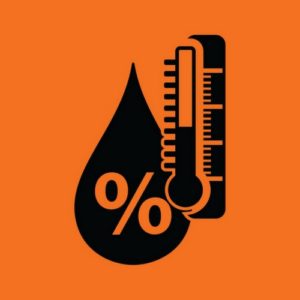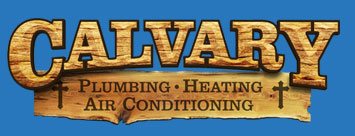
Most people in Fort Collins are familiar with the new condenser boilers and radiant heating systems because they have been installed in newly built homes since the mid-nineties.
However, homeowners who are looking to replace their own older boilers or oil furnaces may be looking for a little more in-depth information about boilers. Here are six fun facts about boilers that you may not already know.
1 – The Name Boiler is Quite Misleading
 Boilers can boil water, up to 190 degrees, but the reality is that they only need to be heated to 60 degrees in order to spread radiant warmth throughout all levels of your home.
Boilers can boil water, up to 190 degrees, but the reality is that they only need to be heated to 60 degrees in order to spread radiant warmth throughout all levels of your home.
However, three was a time a century ago when boilers were heated with fires, which emitted a lot of steam and added quite a bit of humidity to the air.
Freestanding boilers are found beneath water heaters that may be located in cottage washrooms or cold basement specifically to produce hot water. This mostly happens in homes with very low water pressure.
 2 – High Water Pressure is a Must for High Boiler Performance
2 – High Water Pressure is a Must for High Boiler Performance
Buildings with low water pressure may suffer from a lack of heat on upper floors because the heated water from the boiler needs to fill the pipes before it will expand and rise upwards.
Empty pipes cannot retain heat and the result is a cooling of your premises. For this reason, many homeowners consider having their water pressure upgraded as they have the new boiler installed.
3 – Boilers Do Not Add Water to the Air
 Many people think of boilers as also being humidifiers, which may have been true of very old systems that contained both steaming radiators and very hot oil-fed boilers.
Many people think of boilers as also being humidifiers, which may have been true of very old systems that contained both steaming radiators and very hot oil-fed boilers.
Today’s boilers and pipes are self-contained and do not add moisture to the air. However, many condenser-based boilers come with new systems.
These include a thermostat system that allows you to add more moisture to the air as you adjust the temperature.
4 – Today’s Boilers Are Energy Efficient
 Modern boilers are all about the containment of any heat that you pay for in the form of natural gas.
Modern boilers are all about the containment of any heat that you pay for in the form of natural gas.
The fuel flows into your home and it is used specifically to heat your pipes. The water in the pipes is then recycled and heated again by the boiler.
The system is closed so not an ounce of energy in the form of heated water is wasted.
5 – Boilers Cut Down Your Fuel Costs to Almost Nothing
 As both water and heat are recycled when you use a boiler, you will find your utilities cut by as much as 90%.
As both water and heat are recycled when you use a boiler, you will find your utilities cut by as much as 90%.
As a general rule, every time you turn down your thermostat one degree, you will find yourself saving 10% of your usual costs.
Radiant heating also retains heats behind walls and floors, keeping your home quite comfortable for much less.
6 – An HVAC Professional Can Explain How Boilers Work
 Every home and every situation is different, so it is best to consult with a plumber to understand how your boiler will perform in your home.
Every home and every situation is different, so it is best to consult with a plumber to understand how your boiler will perform in your home.
However, in general, boilers are lit by a natural gas flame that sends heated water flowing through pipes, spreading radiant heat through floors, walls, and exposed pipes. Boilers can also be adapted to fuel existing radiators in much older houses.
Finally, it is always a good idea to get a quote from an HVAC professional and explore your options. He or she may recommend a new boiler or trying to retrofit your old furnace. However, in homes that are over fifteen years old, installing a new green boiler is almost always the recommendation.
Contact a heating repair technician at Calvary Plumbing and Heating today.
